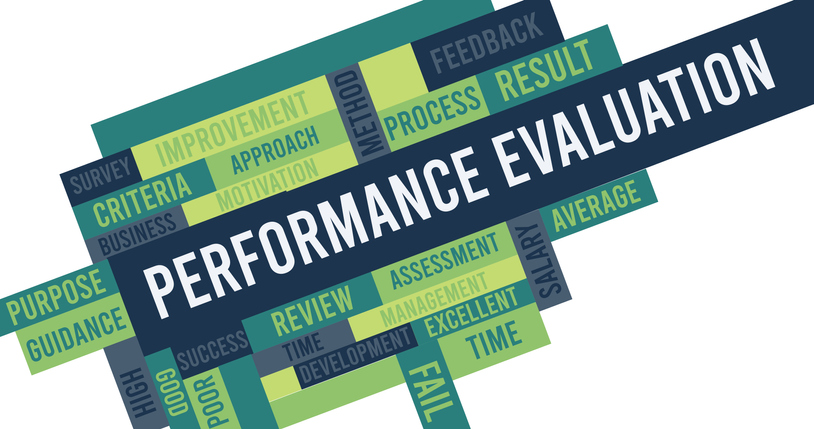Annual Performance Evaluation: Affirmation And Acknowledgement For A Job Well Done The Last 12 Months
Employees are craving feedback from management. In fact, a recent Gallup survey found more than 70% of respondents want feedback on their job performance on a weekly or even a daily basis. Not only is feedback actively desired, if provided correctly it can have an incredibly constructive impact on the workplace. Studies show regular feedback – both positive and negative – leads to lower turnover and increased productivity.
CREATE A FEEDBACK LOOP
Annual reviews alone won’t meet that need for feedback. We have found annual reviews generally are just a snapshot of someone’s performance in the last four to six weeks. Successful companies have a system in place for regular feedback so the annual review becomes a collection of ongoing performance.
TECHNOLOGY CAN HELP
Technology can provide you with reminders for performance notes, goal setting and weekly or monthly reports. There are lots of tools and systems available today that create feedback vehicles from self-evaluation to 360 reviews, which include feedback from peers, management and even clients. Self-evaluation is crucial. How does the employee see how he or she is doing? Does the employee have a clear picture of the yearly goals? Then you can narrow in on what really motivates employees leading to successful employee engagement.

THE RESULT
The goal is to create an effective working relationship. Feedback will help you see what is working well and how you can work even better together. It will help you set goals on a monthly and yearly basis. And importantly, regular feedback will help you in succession planning by identifying high performers who will grow with the company as well as helping you see areas where you may need to look at hiring from the outside.
BEGIN WITH ONBOARDING
An effective feedback process starts with an efficient onboarding program. As we discussed in an earlier blog, successful companies set up clear expectations before an employee is even hired. Employees then have clarity around what they do for their day-to-day tasks and have a clear understanding on how those tasks are evaluated.
The best organizations are made up of people who are motivated by recognition. They are productive employees because they see and hear the value of what they do. As a leader, providing regular feedback is one of the most important things you can to do make sure each person on your team feels valued.




 Being able to express yourself in a vulnerable and transparent way is empowering and helps everyone grow stronger. We’re not looking for an argument because that doesn’t change anyone. Instead, we have found what does change behavior is authenticity.
Being able to express yourself in a vulnerable and transparent way is empowering and helps everyone grow stronger. We’re not looking for an argument because that doesn’t change anyone. Instead, we have found what does change behavior is authenticity.